Today's Top Picks

Management of the Strategic National Stockpile, A Path Forward
Because of COVID-19, it is time to reevaluate preparedness and reconsider threats to the homeland. Good intentions and grand theories do not make good programs. Programs work best when they’re based on a detailed understanding of the problem begin solved and how they are implemented on the ground with solid funding commitments and realistic expectations.

The Wicked Problem of Lifting Social Distancing & Isolation
The issue of when or how to lift social distancing and isolation is a wicked problem. A “Wicked Problem” in policymaking defeats standard solutions because of the interaction between the wicked problem and its potential solutions. The application of the correct solution to one aspect of the wicked problem often complicates another aspect of the problem. Solving wicked problems is best done through the iterative process in which a partial solution is applied, the problem is re-defined, the next partial solution is applied, and the process is repeated. This process is termed “Muddling Through”, and it is dependent upon the ability to test a partial solution and react to it.
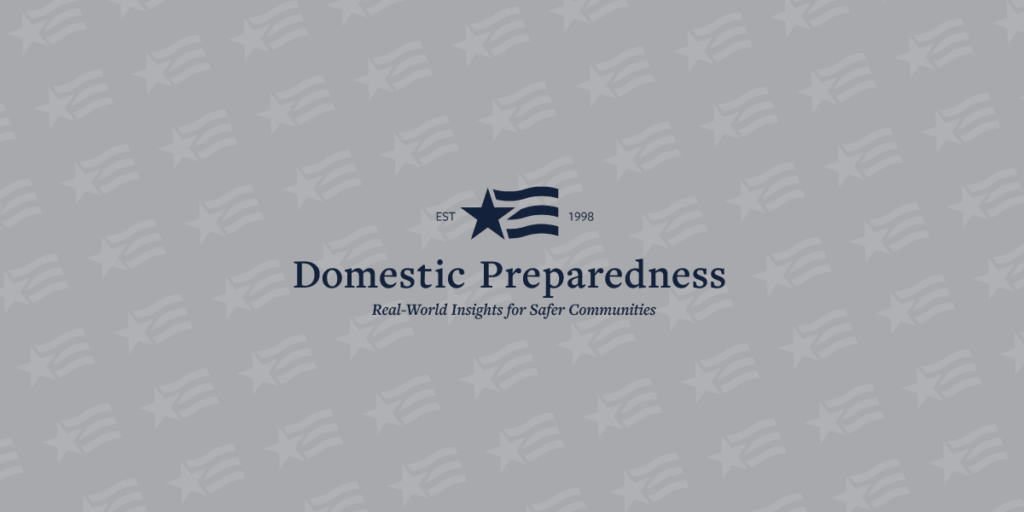
The Acceptable Loss – The Trolley Dilemma of Managing COVID-19 Pandemic
The COVID-19 pandemic takes its toll in terms of human lives and global economic consequences.
Social distancing has proven to be the most promising strategy against emerging viruses without borders,
but the heavy economic damage that follows puts in question the possibility of its continuation. In
fact, weighing the two elements raises an important debate: What is the acceptable loss in order to win
this battle?
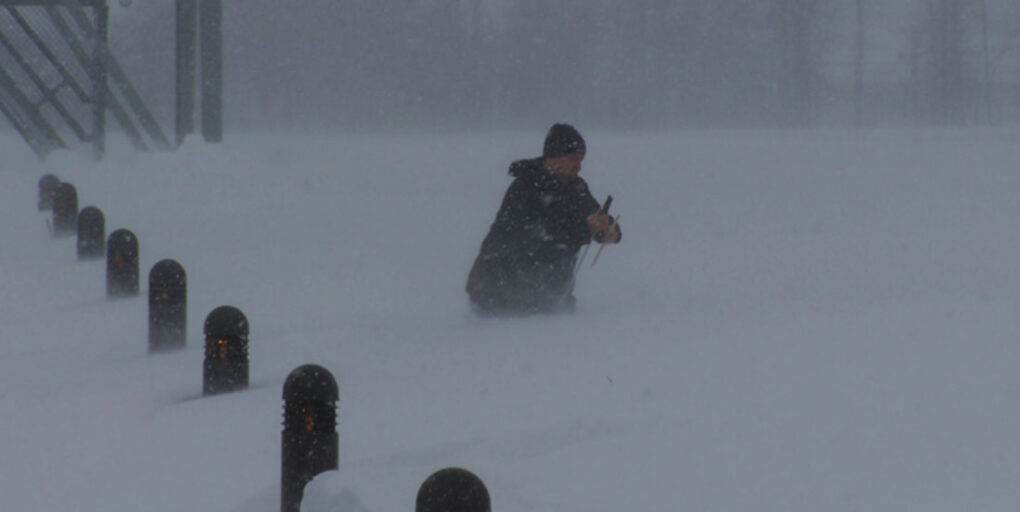
Avoiding the Three As: Apathy, Atrophy & Attrition
Emergency management is everything to everybody, but it often lacks the glue that is so desperately
needed to manage catastrophic events. This is likely the result of two common pitfalls that the
profession has long suffered from, pitfalls that can begin as soon as one walks out of the meeting or
training room door: apathy and atrophy. Apathy can be defined as a lack of interest, passion,
excitement, or concern. When not effectively addressed, apathy can then lead to atrophy, a long gradual
decline in effectiveness. Such weakening is caused by underuse of key knowledge, skills, and abilities.
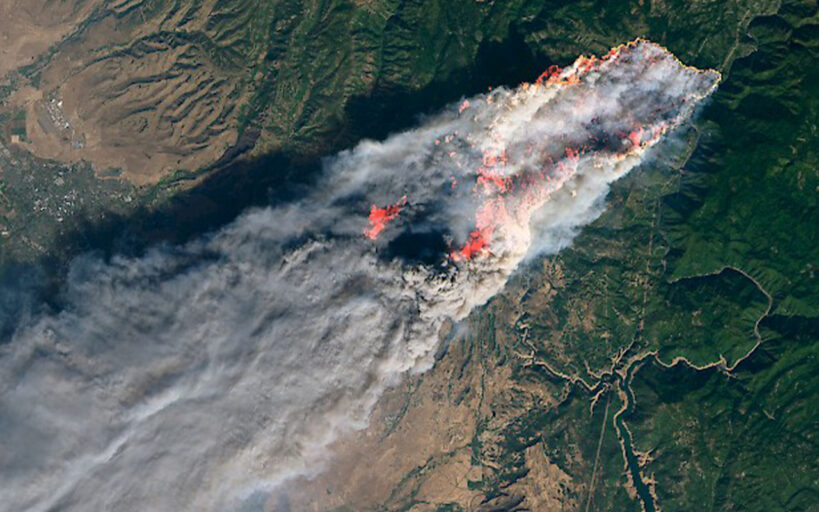
The Epitome of Failure – Part 1
At about 6:15 a.m. on 8 November 2018, an iron hook holding up a 115,000-volt line broke, dropping the live wire and sparking a blaze. Thirty minutes later, what would come to be known as the Camp Fire was out of control. Officials ordered the evacuation of the nearby town of Paradise, home to 26,000 people. The town was soon burned to the ground. Within hours, the fire destroyed 13,893 homes and killed more people (85), than any other California wildfire.
Trending
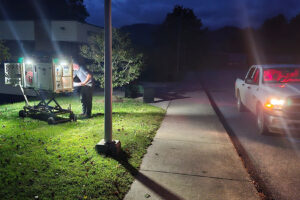 Bridging Communication Gaps: Lessons from Hurricane Helene by Greg Hauser Hurricanes in 2024 caused widespread damage to infrastructure, leading to a critical but often overlooked issue: isolation. Physical and technological…
Bridging Communication Gaps: Lessons from Hurricane Helene by Greg Hauser Hurricanes in 2024 caused widespread damage to infrastructure, leading to a critical but often overlooked issue: isolation. Physical and technological… A Systems Thinking Approach to Improving Emergency… by William Chapman “PACE” planning helps organizations fail gracefully, but systems thinking reduces the likelihood of failure altogether. Combining both approaches helps organizations…
A Systems Thinking Approach to Improving Emergency… by William Chapman “PACE” planning helps organizations fail gracefully, but systems thinking reduces the likelihood of failure altogether. Combining both approaches helps organizations… Disaster Stress Management in an Emergency Operations Center by Mary Schoenfeldt Disasters affect responders and community members, but they also bring trauma to those working inside emergency operations centers. Distance from…
Disaster Stress Management in an Emergency Operations Center by Mary Schoenfeldt Disasters affect responders and community members, but they also bring trauma to those working inside emergency operations centers. Distance from… Why Emergency Management Is a Good Career for… by Mathew Perrill For many service members, the transition from the military to a civilian workforce can be challenging. They have been trained…
Why Emergency Management Is a Good Career for… by Mathew Perrill For many service members, the transition from the military to a civilian workforce can be challenging. They have been trained…Trending
 Disaster Stress Management in an Emergency Operations Center by Mary Schoenfeldt Disasters affect responders and community members, but they also bring trauma to those working inside emergency operations centers. Distance from…
Disaster Stress Management in an Emergency Operations Center by Mary Schoenfeldt Disasters affect responders and community members, but they also bring trauma to those working inside emergency operations centers. Distance from… Why Emergency Management Is a Good Career for… by Mathew Perrill For many service members, the transition from the military to a civilian workforce can be challenging. They have been trained…
Why Emergency Management Is a Good Career for… by Mathew Perrill For many service members, the transition from the military to a civilian workforce can be challenging. They have been trained… Bridging Communication Gaps: Lessons from Hurricane Helene by Greg Hauser Hurricanes in 2024 caused widespread damage to infrastructure, leading to a critical but often overlooked issue: isolation. Physical and technological…
Bridging Communication Gaps: Lessons from Hurricane Helene by Greg Hauser Hurricanes in 2024 caused widespread damage to infrastructure, leading to a critical but often overlooked issue: isolation. Physical and technological… A Systems Thinking Approach to Improving Emergency… by William Chapman “PACE” planning helps organizations fail gracefully, but systems thinking reduces the likelihood of failure altogether. Combining both approaches helps organizations…
A Systems Thinking Approach to Improving Emergency… by William Chapman “PACE” planning helps organizations fail gracefully, but systems thinking reduces the likelihood of failure altogether. Combining both approaches helps organizations…Trending
Bridging Communication Gaps: Lessons from Hurricane Helene by Greg Hauser Hurricanes in 2024 caused widespread damage to infrastructure, leading to a critical but often overlooked issue: isolation. Physical and technological…
A Systems Thinking Approach to Improving Emergency… by William Chapman “PACE” planning helps organizations fail gracefully, but systems thinking reduces the likelihood of failure altogether. Combining both approaches helps organizations…
Disaster Stress Management in an Emergency Operations Center by Mary Schoenfeldt Disasters affect responders and community members, but they also bring trauma to those working inside emergency operations centers. Distance from…
Why Emergency Management Is a Good Career for… by Mathew Perrill For many service members, the transition from the military to a civilian workforce can be challenging. They have been trained…
Domestic Preparedness Journal
Featured in this issue
- Special Units and Underutilized Resources
- Law Enforcement and Multidisciplinary Teams
- Public Order Policing Units in Disasters
- State Defense Forces in Emergency Response
- Emergency Carcass Operations
- Wildfire PREsponse: Closing the Gap With Mitigation
- Scouts and the Value of Prepared Youth
- Service Dogs: What First Responders Need to Know
- Emergency Management for Transitioning Veterans
- Podcast – Reframing Hurricane Response: Craig Fugate on Survivors as a First Line of Defense
- Podcast – Built to Serve: Chief Jeffrey J. Wittig on TIFMAS, Teamwork, and Emergency Response
Articles Out Loud

Article Out Loud – Law Enforcement Collaboration Within Multidisciplinary Teams
June 25, 2025
This is an article by Richard Schoeberl and Anthony (Tony) Mottola, an Article Out Loud from Domestic Preparedness, June 25,

Article Out Loud – State Defense Forces: The Untapped Backbone of Emergency Response
June 25, 2025
This is an article by Robert Hastings, an Article Out Loud from Domestic Preparedness, June 25, 2025. As disasters become

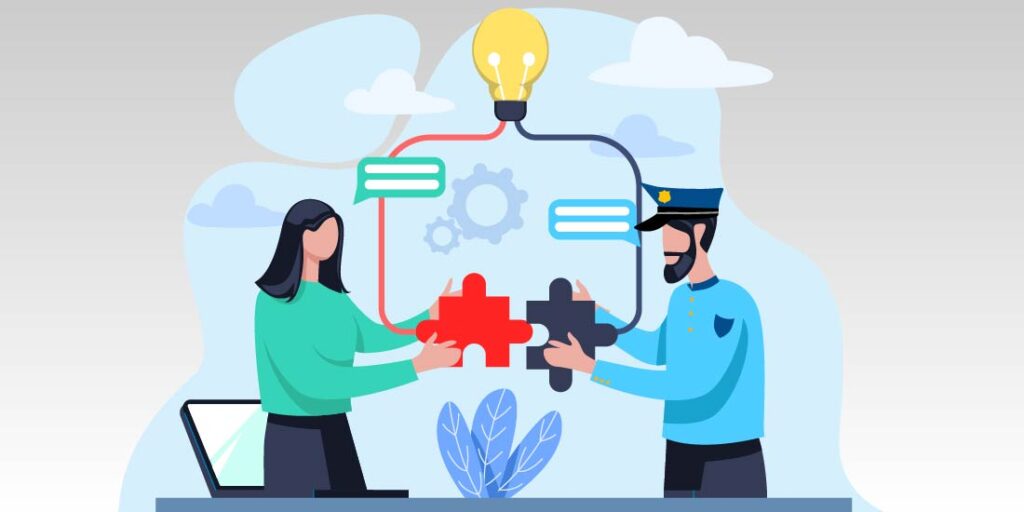
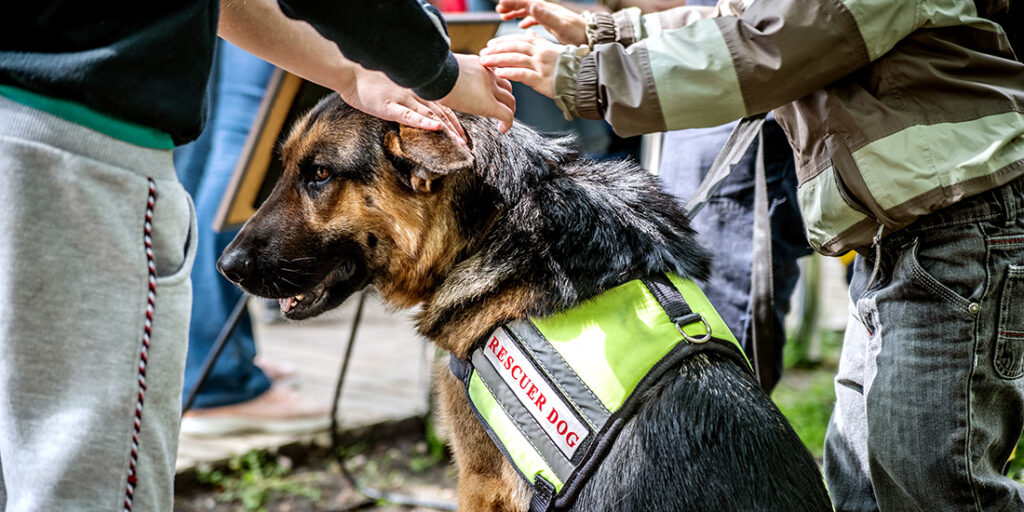

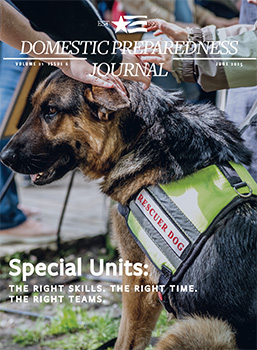

Disasters & Their Acceptable Losses